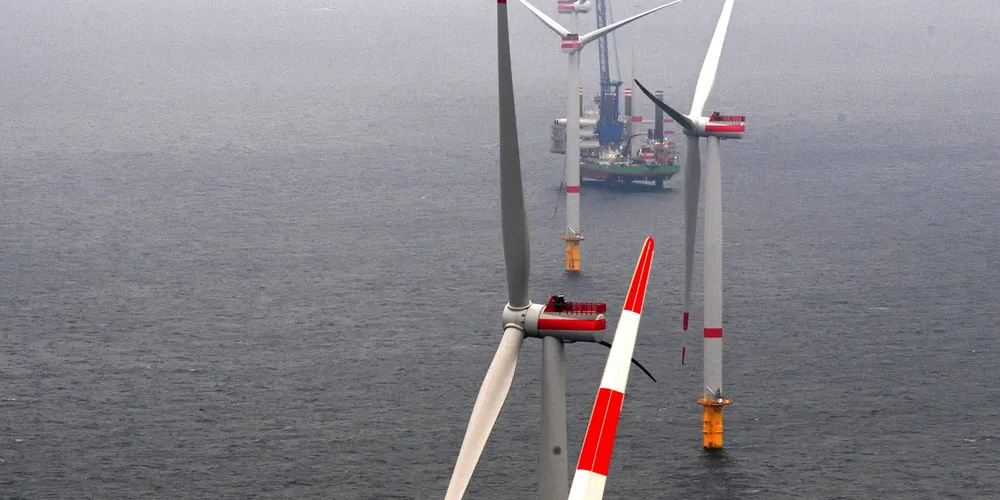German giant RWE doubles profits as energy crisis boosts gas and green power demand
Preliminary earnings also aided by trading segment as utility sees upsides from renewables expansion and short-term supplies

Preliminary earnings also aided by trading segment as utility sees upsides from renewables expansion and short-term supplies
